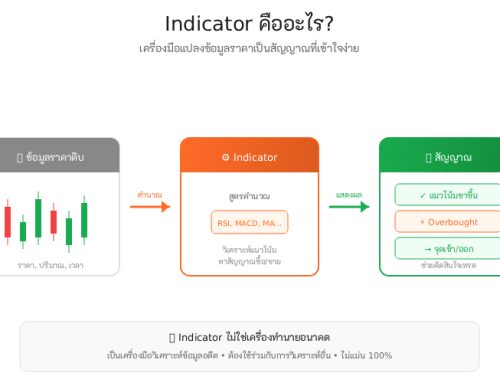What is virtual currency?
Virtual currency is an unregulated digital currency that exists only in electronic form, it is stored and transacted only through defined software, mobile or computer applications, or through specific digital wallets and transactions resulting from it. Based on the Internet through a secure and dedicated network, virtual currencies are a subset of the crypto-currency family, including those contained within the blockchain network.
Important issues
- A virtual currency is a currency held within a blockchain network that is not regulated by a central bank
- Virtual currencies are different from cryptocurrencies because cryptocurrencies are digitally issued by banks.
- Virtual currencies are unregulated and therefore have significant price movements as the only real driving force behind trading is consumer sentiment.
Understanding Virtual Currency
Virtual currency can be defined as an electronic representation of monetary value that may be issued, managed, and controlled by a private issuer, developer, or founding organization. Not regulated without legal purchase
Virtual currency uses a trust system and may not be issued by a central bank or other banking regulator. Anyhow, they get their value based on an underlying mechanism such as mining in the case of cryptocurrencies or support from the underlying asset, anyone looking at the price cryptocurrency Psychological effects of trading are seen.
The term dates back to 2012, when the European Central Bank (ECB) defined virtual currencies as a classification of “cryptocurrencies in an unregulated environment issued and controlled by developers and used as a means of Payments between members of a specific virtual community, according to Bitcoin News.
Along with general public use, virtual currencies may have limited use and may be circulated only among members of a specific online community or a virtual group of users transacting online on a particular network. It is mainly used for peer-to-peer payments and is finding increasing use for purchasing goods and services.
Due to the lack of a centralized regulator, virtual currencies tend to fluctuate greatly in valuation.
Differences between virtual and crypto-currency
Cryptocurrency is a collective super with virtual currency, it includes Cryptocurrencies Compared to virtual currencies, cryptocurrencies cover a larger segment representing financial assets in digital form.
Cryptocurrency can be regulated or regulated, in the former case it can be a sovereign currency – that is, the central bank of a country can issue digital forms of fiat currency notes, whereas virtual currencies are usually unregulated and therefore It is considered a type of digital currency.
Cryptocurrencies such as bitcoin and ethereum are part of the group of virtual currencies, cryptocurrencies use cryptographic technologies that enable secure and authentic transactions, and also allow management and control over the creation of new currency units. cryptocurrencies Such a network exists and there is a dedicated blockchain-based network of transactions open to the general public, anyone can join and start transacting on. cryptocurrencies










Leave A Comment